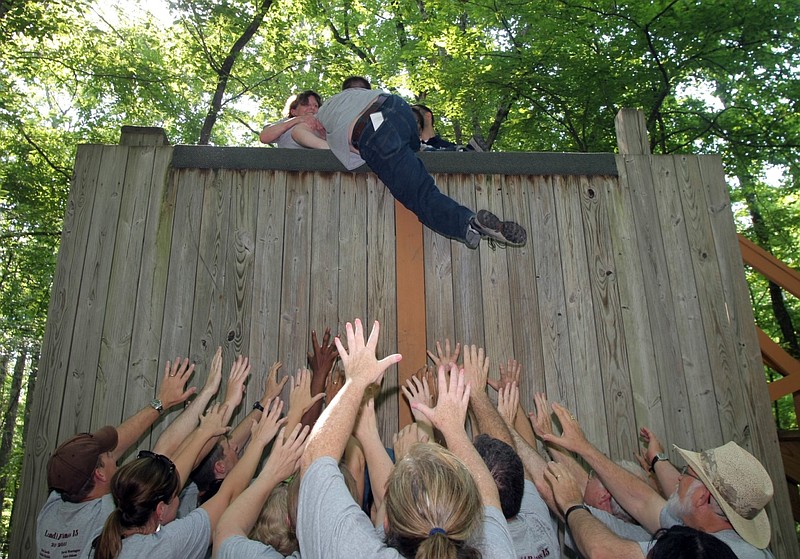LeadAR, the University of Arkansas System Division of Agriculture's leadership program, is accepting applications for its next class of leaders. For Arkansans who are passionate about the futures of their communities, LeadAR provides an in-depth learning experience covering important economic and social issues affecting the state.
The deadline for applications is Feb. 24, 2023, and the application can be found at bit.ly/leadar20app. The LeadAR Advisory Council will conduct interviews from March 6-17, and all applicants will be notified of the Class 20 selections by March 31, 2023.
Applicants must be 25 years old by the date of the first seminar and must be Arkansas residents. Up to 30 participants will be selected for the coming class, with a goal of 50 percent rural participants, 25 percent urban participants and 25 percent agriculture participants.
Operated by the Division of Agriculture's Cooperative Extension Service, the 18-month LeadAR program will include two-day seminars in different regions of the state on topics such as infrastructure and public health, natural resources, public policy and media, community and economic development, row crop agriculture, and livestock, poultry and local foods agriculture. Monthly virtual seminars will also cover topics including ethical leadership, communication and storytelling, and diversity, equity, belonging and inclusion.
"Through the LeadAR program, participants receive hands-on experience in skill development and gain a better understanding of local issues," said Julie Robinson, extension associate professor and LeadAR director for the Division of Agriculture. "Participants see policy impacts at the local, state and national level and gain a better understanding of the legislative process.
"Participants can expect to improve their leadership skills and take away research-based tools that equip them to lead more effectively," she said. "Participants will gain a better understanding of communities and industries in Arkansas."
Founded in 1984, LeadAR was originally modeled after the W.K. Kellogg Foundation's leadership training program. LeadAR now has more than 500 alumni serving as leaders in communities throughout Arkansas, especially in rural and agricultural areas.
Robinson said "any Arkansan interested in improving their leadership skills and better understanding issues facing their community" will be able to effect change through LeadAR's research-based curriculum.
In addition to a mock legislative session at the Arkansas State Capitol, LeadAR Class 20 members will travel to Washington, D.C., in September 2023 for a week-long tour, where they will study policy development, meet with officials representing government agencies, nonprofits and industry, and meet with their congressional delegation and aides to discuss issues in their own communities.
The program culminates in September 2024 with an international study tour, where participants will learn about political dynamics and how global issues affect Arkansas. Since LeadAR was founded in 1984, class members have visited 34 countries, including Portugal, Greece, Bolivia, Canada, Australia, Vietnam, Scotland, Panama, Costa Rica, Brazil and China.
Participants will also work on a leadership service project throughout the course of the program that focuses on making a positive difference in their community. Past projects have included building a local library, applying for grant funding to establish restrooms for a public park, and the development of the annual Goat Festival in Perryville.
The LeadAR alumni network includes farmers, bankers, educators, state legislators, lawyers, advocates, city council members, school board members and more.
"LeadAR equips local leaders with the knowledge, skills and abilities to influence real change in their communities," Robinson said. "Participants complete a service project throughout the program, showing impact before they even graduate from LeadAR. Participants get to learn from other leaders across the state and expand their network."
LeadAR is supported by program alumni, corporate donors, foundations and the Division of Agriculture. The cost to participants is $3,500, which covers seminar expenses, most lodging, meals and travel expenses. Class members are encouraged to seek tuition support from outside sources, such as their employer, and scholarships are available to help participants with payment.
To learn more about LeadAR and to apply, visit uaex.uada.edu/business-communities/leadership/leadar/ or contact Julie Robinson, LeadAR director, at [email protected].
Rebekah Hall is with the University of Arkansas System Division of Agriculture.

